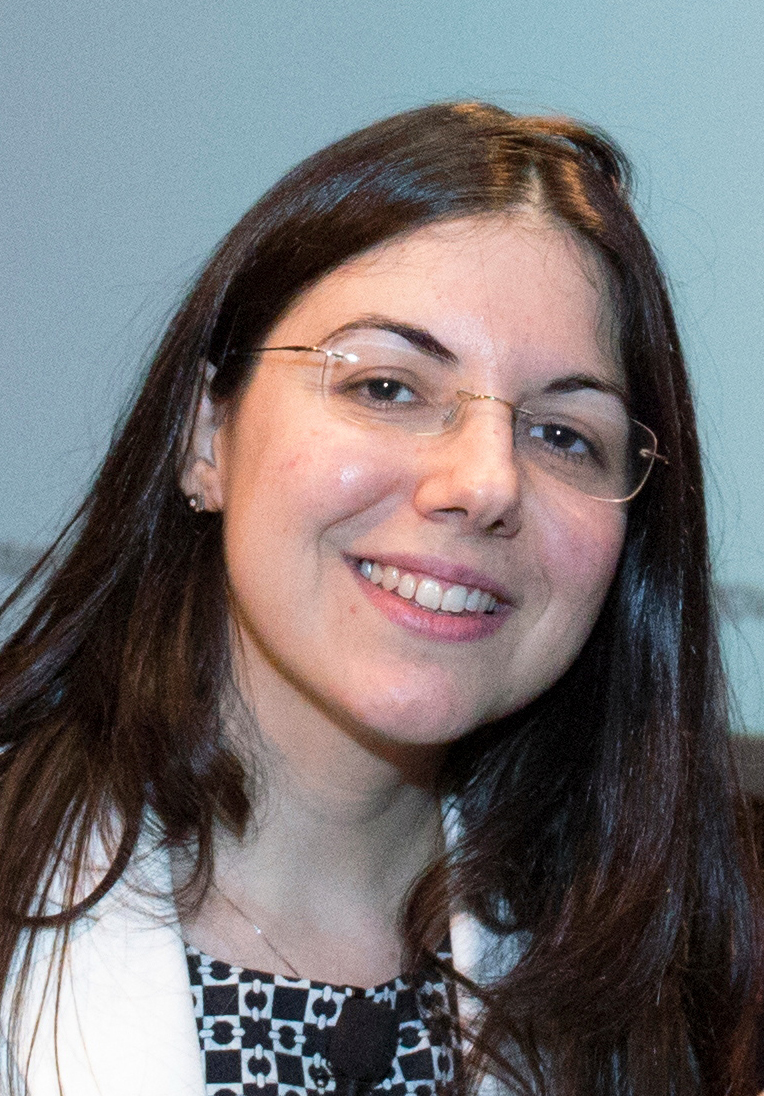Gæsteforelæsning om Placebo effekter: "Determining the neurobiological mechanisms"
Kom og hør Dr. Luana Colloca fra universitetet i Maryland og æresprofessor på Sidneys universitets skole for Psykologi, når hun fortæller om placeboeffekter og de bagvedliggende neurobiologiske mekanismer.
Oplysninger om arrangementet
Tidspunkt
Sted
Auditorie 025, bygning 1324, Aarhus Universitet

Placebo effects: Determining the neurobiological mechanisms
Luana’s BIO:
Dr. Luana Colloca is an NIH-funded associate professor at the University of Maryland and an honorary professor at the University of Sydney School of Psychology. Dr. Colloca holds an MD, a master degree in Bioethics and a PhD in Neuroscience and completed a post-doc training at the Karolinska Institute in Stockholm, Sweden and a senior research fellowship at the National Institutes of Health in Bethesda, USA.
Dr. Colloca has conducted pioneering ground-breaking studies that have advanced scientific understanding of the psychoneurobiological bases of endogenous systems for pain modulation in humans including the discovery that the vasopressin system is involved in the enhancement of placebo effects with a dimorphic effect. As a result, Dr. Colloca has developed an international reputation as a leading scientist for advancing knowledge of the neurobiological mechanisms of placebo and nocebo effects with an integrative approach including psychopharmacological, neurobiological and behavioral approaches. Her research has been published in top-ranked international journals including Biological Psychiatry, Pain, JAMA, and Lancet Neurology. The impact of her innovative work is clear from her impressive citation rate and more than 130 invited lectures. Her research has been also featured on The National Geographic, The New Scientist, Washington Post, Science daily, Boston Globe, The New Yorker, Nature, The Guardian, The Wall Street Journal, News and World Reports and USA Today. Dr. Colloca has been recently honored with prestigious awards including the 2016 Wall Patrick International Award for basic research on pain mechanisms by the International Association for Study of Pain (IASP).